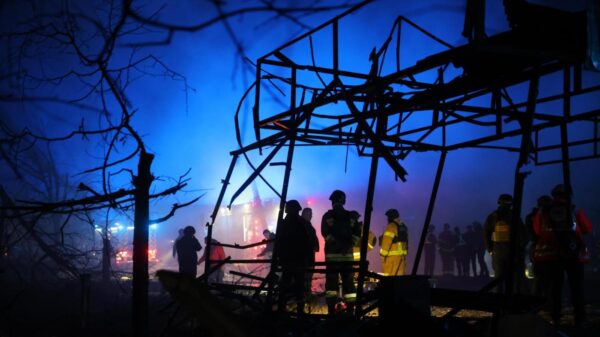Ghana’s vibrant culture is showcased through its unique approach to funerals, notably in the form of fantasy coffins. These artistic coffins, traditionally associated with the Ga people of Accra, are gaining popularity as a colorful and expressive alternative to standard wooden caskets.
From Tradition to Trend
The concept of fantasy coffins has deep roots in Ghanaian culture. Traditionally, they serve not only as a means of burial but also as a reflection of the deceased’s personality, profession, or interests. Designs can range from fish-shaped coffins for fishermen to airplane-shaped coffins for those who loved to travel. This practice, while specific to the Ga people, is now becoming more widely accepted across different regions of Ghana.
In 2023, the trend has seen a significant rise, with many families opting for these elaborate designs to celebrate the lives of their loved ones. The shift marks a departure from the more somber and simplistic traditional funerals, allowing for a vibrant farewell that honors individual legacies.
A Cultural Statement and Economic Impact
The rise of fantasy coffins has also created new economic opportunities within the funeral industry. Local artisans and craftsmen are increasingly involved in the design and construction of these unique coffins, contributing to the local economy. This burgeoning market not only preserves traditional craftsmanship but also invites innovation as creators explore new themes and designs.
According to a report by the Ghana Statistical Service, the funeral industry in Ghana has seen substantial growth, with an estimated value exceeding $2 million annually. The demand for fantasy coffins has played a significant role in this increase, highlighting the intersection of culture and business in the country.
The colorful nature of fantasy coffins resonates with the Ghanaian belief that death is not an end but a transition to another life. Families choose these coffins not merely for their aesthetic appeal but as a way to convey deeper meanings about the deceased’s life and passions.
As this trend continues, it raises important questions about the future of funerary practices in Ghana. Will fantasy coffins become the new standard, or will traditional methods persist? Observers note that the balance between tradition and modernity will likely shape the future of how Ghanaians honor their dead.
In conclusion, Ghana’s fantasy coffins represent more than just a burial choice; they are a profound cultural statement that blends artistry, tradition, and economic opportunity. As families increasingly turn to these vibrant options, the practice reinforces the notion that funerals can be both a celebration of life and a means of cultural expression.




































































